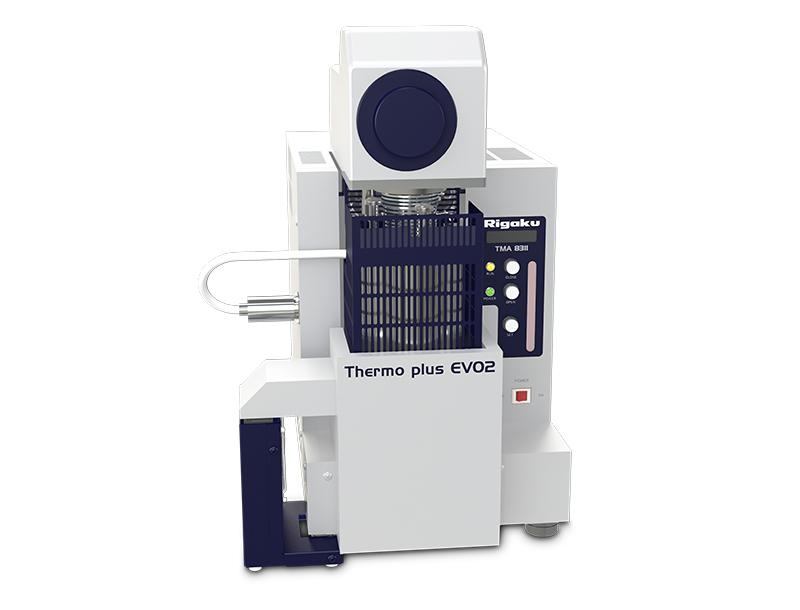TMA8311
THERMOMECHANICAL ANALYZER
Changes in a mechanical property as a function of temperature are measured.

Features
- The differential approach allows for high sensitivity and precision measurements.
- Multi-measurement system with a lot of room for expansion.
- Sample sizes of varied sizes can be handled in a variety of ways.
- A tiny electric furnace allows for significant improvements in heating and cooling rates.
- The first of its sort in differential TMA is a simple sample setup mechanism.
- The importance of safety is highlighted throughout the system.
- Various measurement techniques are used.
- Loading with compression.
- The tensile loading method is used.
- Method of penetrating.
Method of differential penetration with high sensitivity. - Temp. range is being measured.
- Standard model: 1100°C ambient temperature.
- Model with a high-temperature environment: up to 1500°C.
- -150 to 600°C for the low-temperature model.
NANOPIX
TMA is a technique that uses a non-oscillatory stress, such as compression, tension, or bending, to measure changes in the form of a sample while it is heated or cooled. Based on the sample shape and measurement objective, the TMA method provides measurement modes such as compression loading, tensile loading, penetration loading, and 3-point bending. TMA is commonly used to determine a sample’s thermal expansion ratio and softening temperature.
The TMA from Rigaku uses the differential expansion concept, which cancels out any thermal expansion or shrinkage caused by the detecting device. The load control can be configured to two modes in addition to constant load: constant rate loading mode and sine-wave cyclic loading mode.
Sample controlled TMA (SCTMA), in which the temperature is regulated by the shrinkage rate, can be installed as an option for simulating sintering in ceramics and producing sintered materials with suppressed grain growth.
Specifications Table
| Product name | TMA8311 |
| Technique | Thermomechanical analyzer |
| Benefit | Measurement of a mechanical property change with respect to temperature |
| Technology | Differential expansion principle where the thermal expansion or shrinkage generated from the detection mechanism itself can be canceled |
| Core attributes | Multi-measurement system that excels in expandability |
| Computer | External PC |
| Core dimensions | 380 (W) x 580 (H) x 580 (D) (mm) |
| Mass (core unit) | 30 kg |
| Power requirements | 1Ø, AC100-120V/200-240V 50/60Hz 15A |
